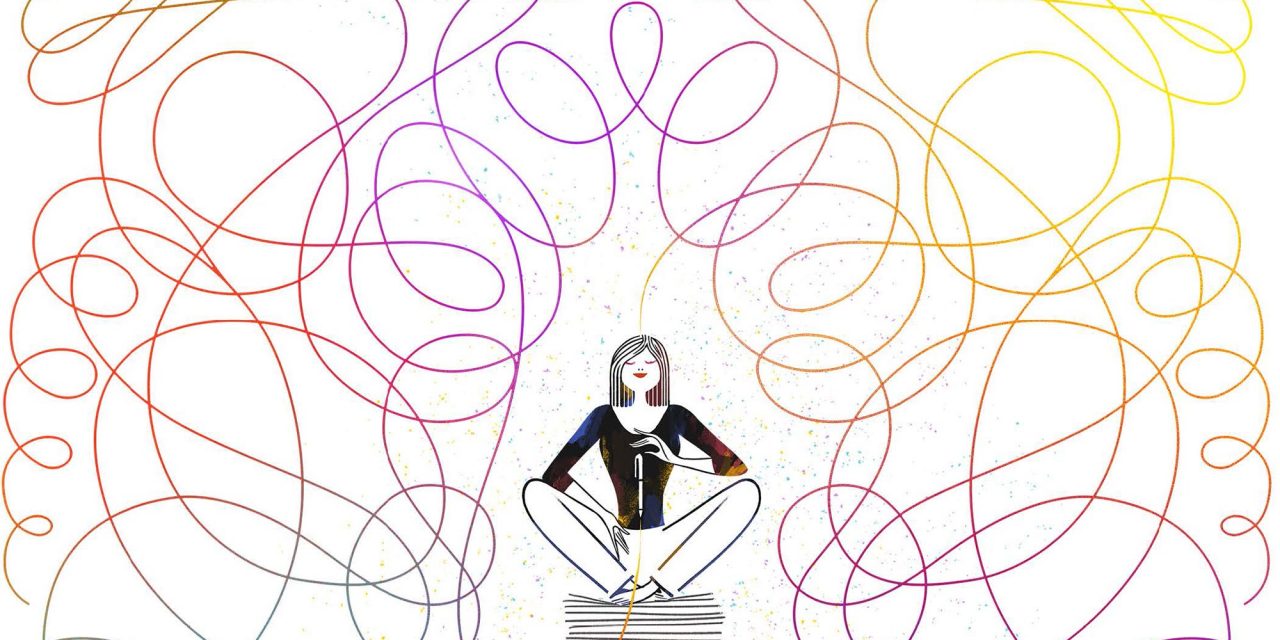
What If?

AS A CHILD, EMILY FRANKLIN ‘90 WAS ALREADY CURIOUS ABOUT LIFE’S NEVER-ENDING CONUNDRUMS AND POSSIBILITIES
When I was growing up, we had dinner table discussions about politics, art, who had what to do later, and who had to be where when. But there were also lulls. And in those quieter moments, I often asked questions—of my parents, grandparents, siblings. Sometimes the questions related to the news of the day, and other times they began with a “What if…?” or “What would you do if…?”. These questions became so regular that in my family they were called “Em questions.” At the core, when I asked an Em question, I was asking someone to consider their role in the world. The experiences they’d had and ones they hadn’t but might. How might they react? How might they find empathy in their responses? I wanted to know about people—not what they presented but who they were inside. I wanted to know what mattered.
When I am writing either poetry or fiction, I am almost never thinking about imagination. I am almost always problem-solving. Usually this begins with asking a series of “What if” questions:
What if Rashomon were retold as a young adult story, with three teenagers stuck inside an abandoned movie theatre the last night before graduation, each one an unreliable narrator of the same tragedy? This turned into my novel Last Night at the Circle Cinema.
What if we examined the idea of imaginary numbers as experienced through what we see, specifically the field across from my house in which there are often cows and sometimes not? This turned into my poem The Math of Cows.
What did street lamps look like in Boston in 1861? This led to the opening scene in Becoming Isabella, my next novel, based on the life of Isabella Stewart Gardner.
Sometimes the questions I’m asking are broad: Can someone commit a terrible act and still be a good person? This is an example of a question that led to more questions: What if a (primarily) good character committed a crime? What if she only did that in reaction to something terrible she experienced? When I begin to allow myself the freedom of wondering, of flow-charting possible outcomes, I find I can quickly narrow down some ideas for plot—What if the person who did the horrible thing is now a physician who helps others? And then just as quickly broaden again to ask questions I’ll need to examine in the book either directly or as a sort of backdrop: What role do secrets serve in our lives? Are they helpful or harmful? If we unravel bad things we’ve done, would it unravel the good—or perhaps lifesaving—things we do now?
Sometimes the questions are less specific and more examinations of parts of being human that interest me. How does trauma inform our choices? How does grief? And often, as I learned at Milton, I engage not only my own brain with these questions but also other people who have their own set of experiences and who are experts in other fields (astrophysics, cardiothoracic surgery, being a person of color in the field of mycology). Part of having an expansive imagination is, I think, generally finding the world and its people fascinating (and perhaps other worlds, too).
What helps me as a writer is twofold: First, as with my family dinner-table conversations, there needs to be a lull. A pause. Some quiet when I’m walking the dog or doing laundry or planting potatoes. And in the quiet, my imagination breathes. My mind benefits from being away from phone, from screen, from distractions. Just being. The second is what was there all along—the ability and desire to ask questions: What’s the most exciting idea in mathematics these days? What was your favorite childhood food, and who made it with or for you? What do you miss most when you’re at sea for months at a time? What do you wish people knew about you? I write to understand. I write to be better informed. I write to share uncommon experiences that can explain a common truth—something relatable that might help a reader or listener feel less alone. Imagination has the power to ease suffering. Imagination is wondering what could be from what we already know. Most of all, imagination is thinking. Wondering.
Listening to people, finding out who they are, where they’ve come from, what they know, I find my own views expand, informing how imagination is at play in my work and in my day-to-day life. To use imagination on the page, we must first use it in our day-to-day lives. We have to wonder about others. We have to find ways to connect.
EMILY FRANKLIN ’90, P’17, ’22, ’25 IS THE AUTHOR OF MORE THAN 20 NOVELS. HER DEBUT POETRY COLLECTION WAS PUBLISHED IN 2021. HER NEXT NOVEL, BECOMING ISABELLA, BASED ON THE LIFE OF ISABELLA STEWART GARDNER, WILL BE PUBLISHED IN 2023.




